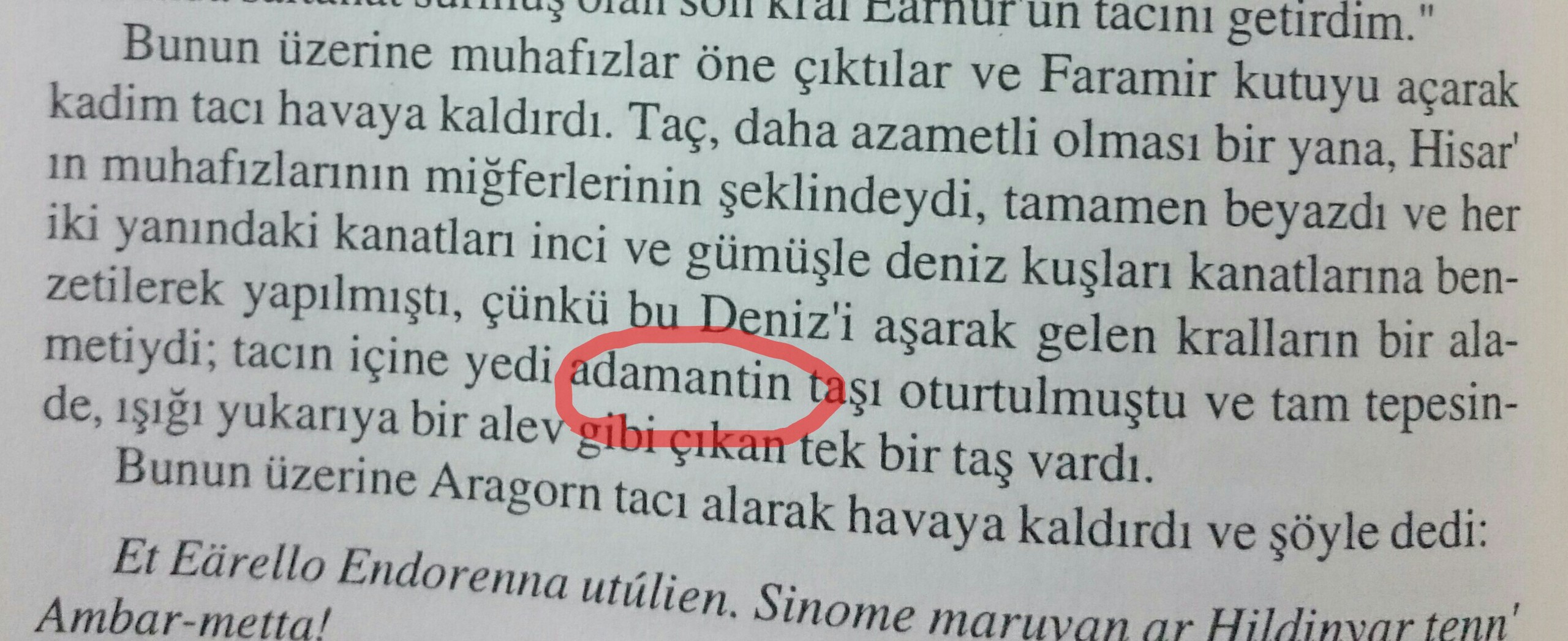The word is a Latin
neologism (real Latin:
adamans,
adamantem [accusative]), based on Greek αδάμας 'Indomitable', <α- + δαμνάω 'conquest', probably from a Semitic root), compare English noun and adjective
adamant(and the derived adjective
adamantine) with the neo-Latin suffix "
-ium." The adjective has long been used to refer to the property of impregnable, diamondlike hardness, or to describe a very firm/resolute position (e.g.
He adamantly refused to leave). The noun
adamant has long been used to designate any impenetrably or unyieldingly hard substance and, formerly, a legendary stone/rock or mineral of impenetrable hardness and with many other properties, often identified with
diamond or
lodestone.
[2] Adamant and the literary form
adamantine occur in works such as
Prometheus Bound,
[3] the
Aeneid,
The Faerie Queene,
Paradise Lost,
Gulliver's Travels,
The Adventures of Tom Sawyer,
The Lord of the Rings, and the film
Forbidden Planet (as "adamantine steel"), all of which predate the use of
adamantium in Marvel's comics.
Ama o keyif başka bir şey, ruhu şad olsun Tolkien babamızın.







